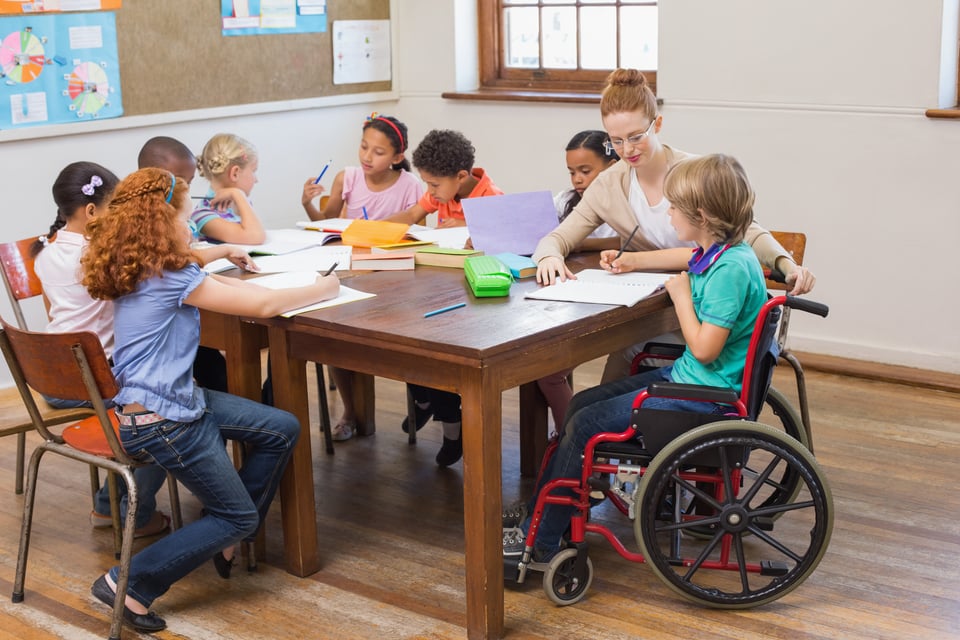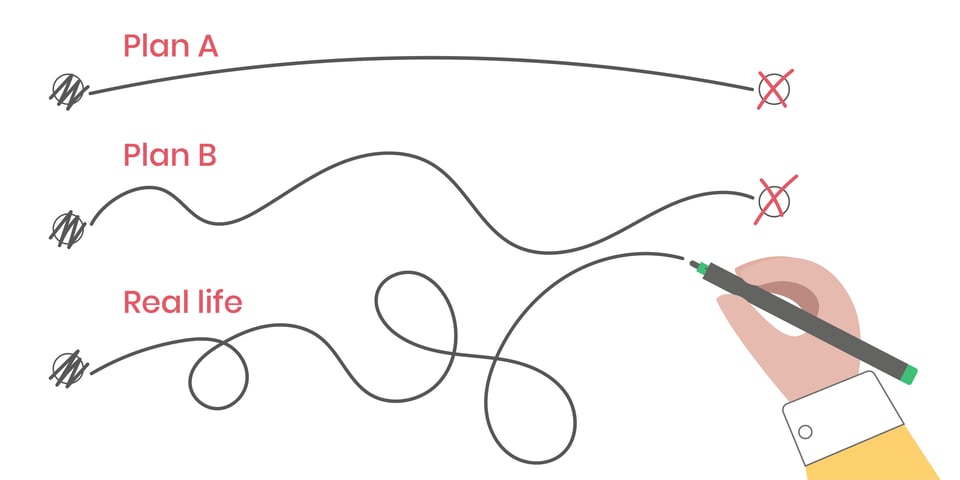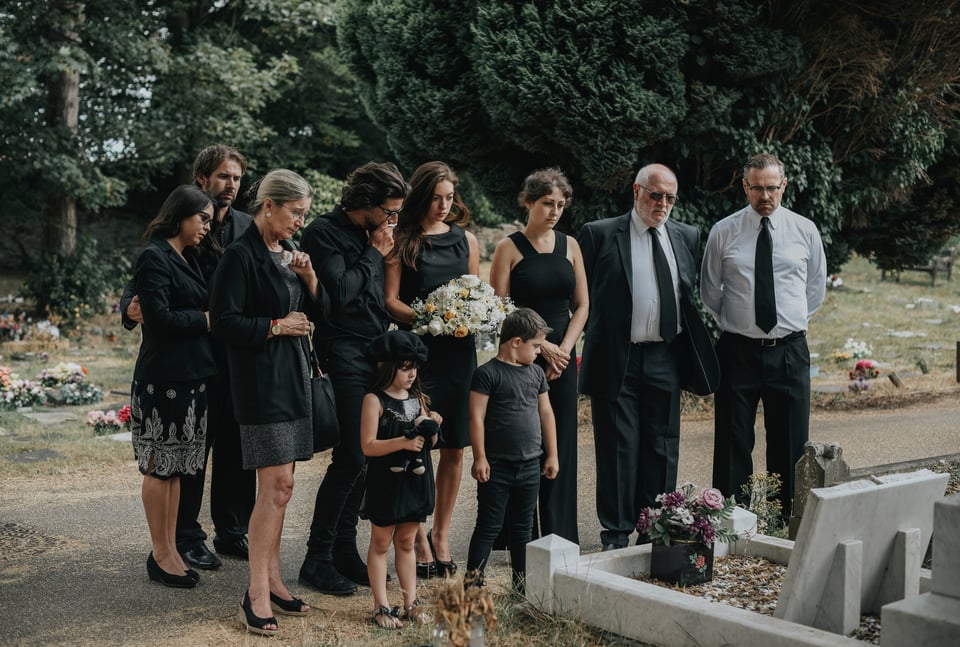Fight Club, Parent Edition

When you are expecting a child, your mind fills with visions of a picture-perfect future. You think about first words, school pictures, friendships, proms, and the milestones of independence like getting their first driver’s license, job, or going to college. But sometimes, fate throws you a curveball. Many people don’t even get the chance to count those tiny fingers and toes before the baby is rushed off to the ICU. Or possibly you are one of the 96 % who take home what you think is a healthy child, and then an illness, accident, or genetic condition suddenly teleports you into a different world. Welcome to raising a disabled child.
Some people will try to sugarcoat your experience. They’ll say, “It’s like planning a trip to one country and accidentally ending up in another,” as if raising a disabled child is just a matter of accidentally ending up in Oakland when you intended to go to Auckland and then deciding that you don’t hate the food in California. Or they’ll talk about how they understand your experience because their dog just had surgery as if that was an equal comparison. But for many, the reality is closer to this—your journey isn’t about strolling through an unexpected destination; it is “Fight Club, Parent Edition.” Moreover, it’s not merely a detour; it’s a battlefield.

At first, you’re disoriented. No one gave you a map of how to deal with having a disabled child. Instead of baby books on sleep training, you're handed medical charts containing information that might as well have been written in ancient Greek. Instead of learning about teething, you’re buried in acronyms you’ve never heard before. IFSP, PT, OT, BOR, EVA … the list goes on. But as you try to catch your breath, you realize this is still parenthood. Your core job of ensuring your child survives and thrives hasn’t changed. The only difference now is that thriving means you’ll have to fight for it because very little will be handed to you. In the Godfather’s words, you must prepare to go to the mattresses.
You fight the insurance companies that treat your child like a balance sheet where they are a line item that’s too expensive to justify.
You fight the school systems that don’t even pretend to offer a level playing field. The ones who claim, “We don’t have the resources,” and think that an 80 % dropout rate for disabled children is perfectly acceptable. Effectively, they have given up on an equal education for your child before they’ve even started.
You fight a healthcare system that focuses on the things your child won’t or can’t do instead of focusing on what they could do with the proper support.
You fight society’s low expectations and try to force them to see the good an inclusive society can accomplish.
You spend sleepless nights pouring over finances, trying to figure out what you can sacrifice to get treatment or technology for your child that no one else will pay for. You may even swallow your pride and start one (or more) of the dreaded GoFundMes.
You negotiate with your bosses for time off, change jobs, or pack up your entire family and move to get closer access to specialists.

Society will try to wear you down with “no’s” and disapproving stares every step of the way. You’ll hear, “This is too hard,” “We don’t have the funding,” or “We aren’t legally required to do that.” The stress may eat at your own mental health, medical conditions, and even your marriage - up to 87 % of marriages of parents of children with disabilities end in divorce. Politicians will think it is OK to make fun of people like your child and talk about how too much is being spent on disabled children and muse out loud about whether it might be better for society if children like yours, the 4% born with disabilities, were dead.
Eventually, you will stop caring about what other people
think or say or do concerning your disabled child
The dirty looks, the whispers behind your back? They become background noise. You push past every obstacle, every condescending, biased, discriminatory comment, every closed door. You become “that parent” — the one who is constantly demanding more, who is always asking, “Why not include my kid?” Sure, sometimes your name is mentioned with an adjective that rhymes with “witch.” But if developing a reputation as “that parent” means your child gets what they need, that’s a small price to pay.

Those victories? They’re not small. With every milestone your child reaches, it feels like you’ve won a battle that will collectively lead to winning the war. Those milestones are not just proof of progress; they’re living, breathing reminders of the power of never giving up. They remind you that every single “no” was worth it because you eventually got to “yes.”
As the years pass, the fight changes. Your war might diminish to a border skirmish. But it might escalate. As your child gets older, the fight transitions from fighting for your child to fighting with your child and teaching them how to fight for themselves.
You show your child how to navigate systems not designed for them and ensure they know their rights.
You teach your child to raise their voices, call out discrimination when they see it, and demand the accommodations they are entitled to.
You help your child understand that their disability is part of who they are, but it’s not an artificial limit; that disability does not define their value or future.
You help your child build confidence like a medieval stone fortress with five-foot thick walls, ensuring they have the best defenses possible to face a world that is frequently unkind and biased against them.

Family of 8 adults and two children gathered at gravesite with flowers One day, you wake up and realize — you won’t always be there. You’ve been so focused on fighting every battle that it hits you like a punch in the gut: you won’t be there to fight for your disabled child forever. And that’s when the real terror sets in. Not at the beginning, when everything was confusing and you didn’t know what you didn’t know, but at the end, when you do understand. You realize that the most challenging fight of all will be letting go, stepping back, and trusting that your now adult child and others in their support system can carry on the battle without you when the time comes.
My proudest moment as the parent of a child with severe hearing loss wasn’t when they received their audiology doctorate. It was when they recounted a fight they engaged in to receive captions—a fight they handled on their own and only recounted to me as an “Oh, this thing happened at school” story after it was over. That was when my child had won her first battle without me being the general. I let out the breath I hadn’t even realized I had been holding for more than two decades, knowing that she would be OK.

DALL-E generated image of group of individuals hiking with backpacks and trekking poles. One of the men has a prosthetic leg.
Successfully parenting a disabled child isn’t just about their survival; it’s about their resilience. It’s about ensuring your child can achieve equity in a world that would rather pretend they don’t exist. You’re not just raising a child; you’re raising a warrior, someone who will continue the fight and, in turn, help others along the way.
So, no, this isn’t the parenting journey you planned. It’s more complex, exhausting, expensive, and intense. But it’s also richer and more purposeful. You and your child are building something indestructible — a future where they have the tools to fight for themselves long after you’re gone. A future that will be better for others because they were in it.
Because your parenthood journey isn’t about visiting another country; it’s about carving out a space in a world not designed for your child and ensuring that space stays theirs forever.
Welcome to the war. If this has been your experience, one of your jobs as an ally is to post a link to this article every time you see someone post a link to “Welcome to Holland.”
Sheri Byrne-Haber is a disability rights advocate and accessibility professional born with spina bifida. She has three daughters, one of whom identifies as Hard of Hearing. You may repost the link to this article without permission. Full reprint rights must be requested by emailing sheri@sheribyrne.com
Add a comment: